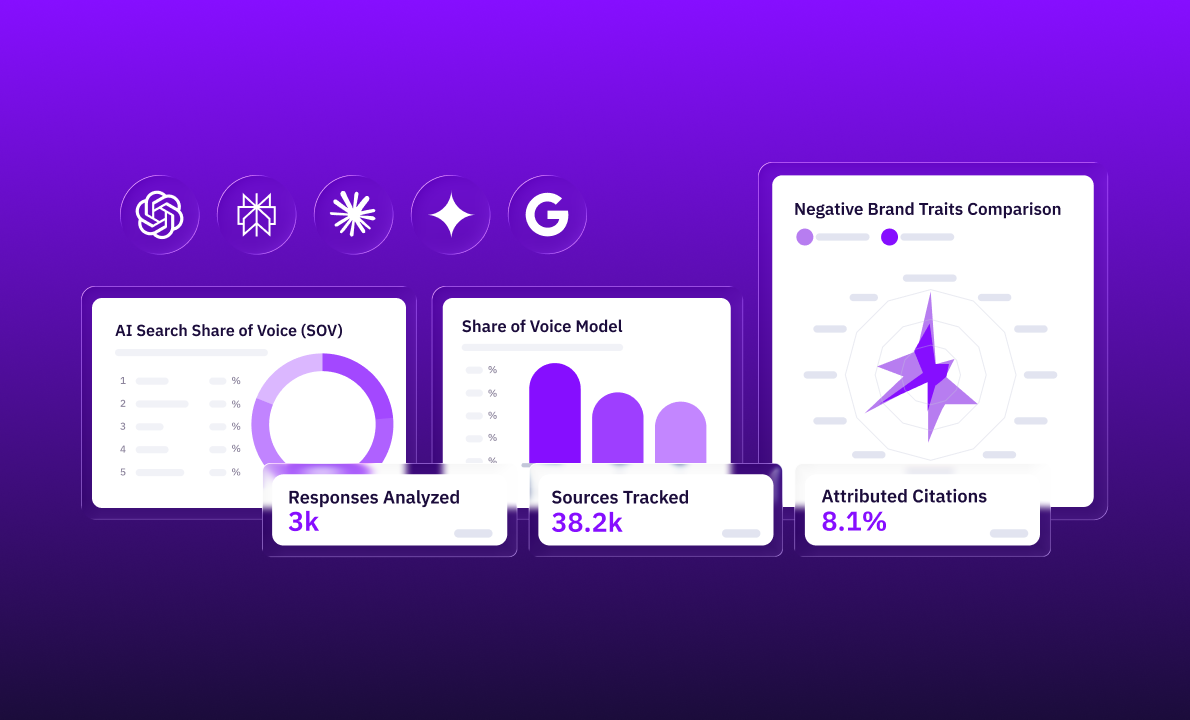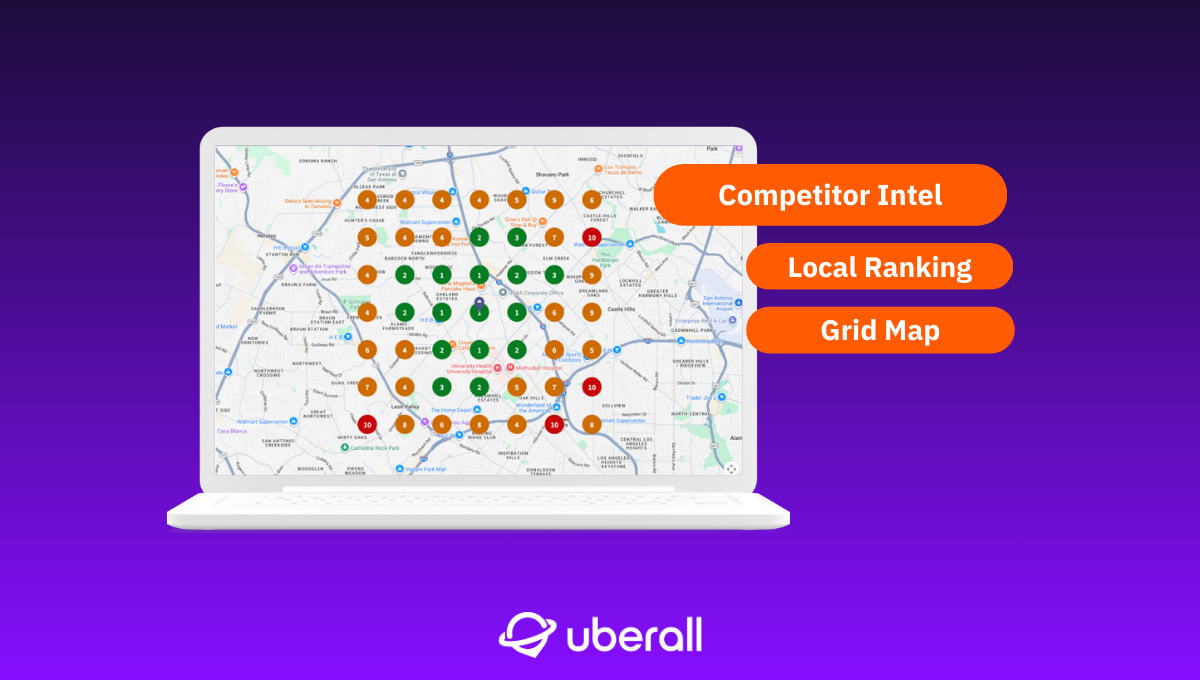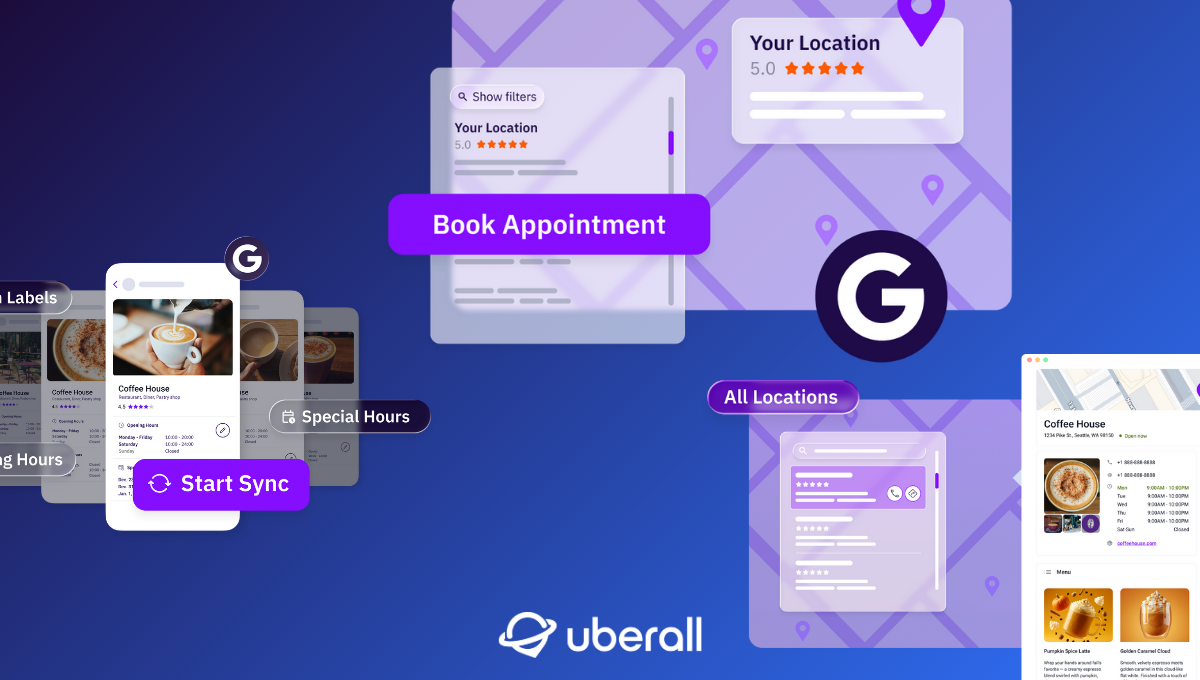
Changes to Google Maps—An Early Impact of the DMA?
The Digital Markets Act is impacting Google Search and Google Maps in the EU. Here’s what the new search results page looks like, and what you can expect!
Most of you will have already noticed: when you search for an address on Google, you can no longer click on the map. Instead, you need to open Google Maps separately and enter the address there.
For comparison: In the past, a small section of Google Maps was visible at the top of search engine results pages (SERPs), leading users directly to Google Maps with just one click. With new EU laws, this small widget is no longer clickable. "Google Maps" is also no longer available in the tabs—next to "Images", "News", "Videos"—and clicking on "Show more options" no longer takes users to their destination either.
What Happened to Google Maps?
Google had to adapt its search results page (SERP) due to stricter EU legislation: the Digital Markets Act (DMA) that came into force on March 6, 2024.
What is the Digital Markets Act?
What is the Digital Markets Act? | With the DMA, the European Union aims to curb the market power of large technology groups—so-called gatekeepers. These include Google, Amazon, Microsoft, Apple and Meta ( = GAMAM) and ByteDance as well as 22 sub-companies including WhatsApp, Instagram, TikTok, Facebook, YouTube, and Google Maps.
According to the new EU regulations, Google is no longer allowed to give its own products, like Google Maps or Google Flights, preferential SERP placement. The search engine must also restrict the linking of its services—and the exchange of data collected—such as YouTube.
Previously, a restaurant searched for on Google also prominently appeared on Google Maps. YouTube, on the other hand, suggested suitable content based on historical searches. While Google will continue this practice in the rest of the world, services in the EU will only be allowed to share data with a clear consent of users.
Google mentioned more than 20 changes (in search alone!) as a result of the Digital Markets Act. At the same time, it delivers new updates for Google Maps with curated lists and intelligent functions to improve the user experience.
How Can Users Still Use Google Maps in Google Search?
Google users in EU countries seem frustrated with this SERP change because they feel the search results have deteriorated and are less intuitive. But here’s a clue!
Obviously, users can just search for an address directly on Google Maps instead of Google Search. Secondly, they can link Google Search with Google Maps and other services in their Google account settings, and even set which Google services are allowed to share data with each other.
But there’s an (even) quicker solution for users who already have a specific business in mind: simply click on the route planner button in the Google business profile.
What Does This SERP Change Mean for Businesses?
The fact that Google Maps is being moved back—respectively down—in Google Search may have a significant impact on businesses and their online marketing; particularly regarding the clicks to Google Business Profiles (GBPs).
- New user behavior: With the changed results page, users are less inclined to look for directions in Google Search. Instead, they might switch to other (navigation) platforms that do not link to GBPs.
- Reduced visibility: Businesses such as restaurants or hotels that are frequently discovered by users via the Google 3-Pack—in the map view, aka Map Pack—must expect reduced visibility, and less organic clicks.
- Alternative measures: With less organic clicks, companies need to develop alternative strategies to strengthen their online presence; though this is actually a good opportunity to advance local SEO strategies.
- Increased focus on customer loyalty: With organic visibility potentially decreasing, it is all the more important for companies to retain existing customers and increase their support via reputation management.
Overall, the Digital Markets Act, as well as the ongoing Google algorithm updates, show the importance of businesses’ adaptability–and we know that a comprehensive local SEO strategy encompassing different channels and tactics is absolutely key.
Back To The Future
In early 2023, Google made waves with the new Google Business Profile Performance API and a change in metrics: from "views" to "unique views". Now, legislation urges another drastic adjustment, showing how European law can directly influence tech companies—with indirect impact on smaller businesses. It will be interesting to see how they affect the digital ecosystem in the long term. Stay tuned!
Ready to Transform Your Business?
Connect with our partnership team to learn how Uberall can help you achieve similar results. Get a personalized consultation and discover the opportunities waiting for your business.
Resources











